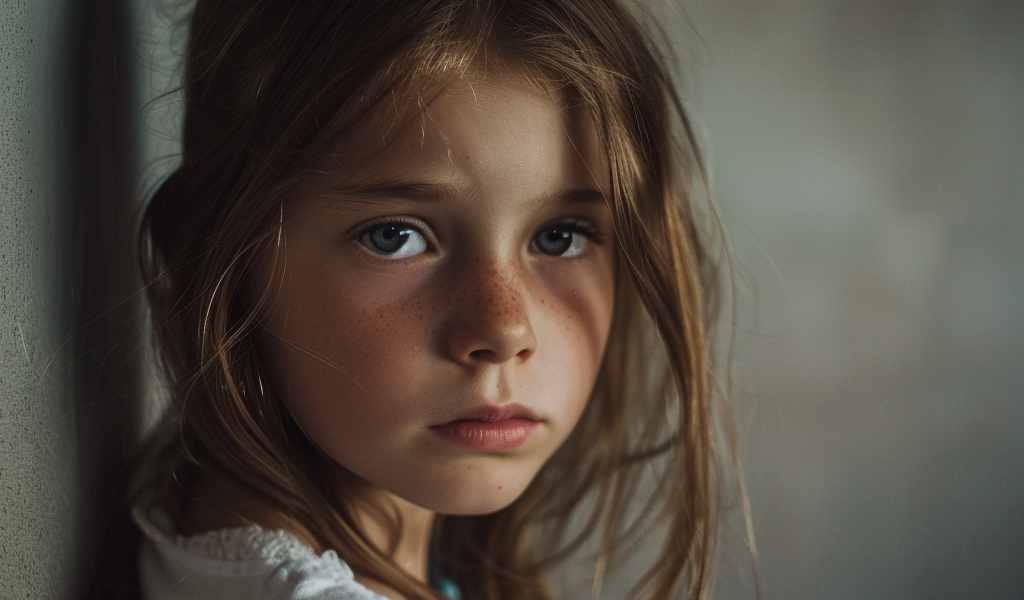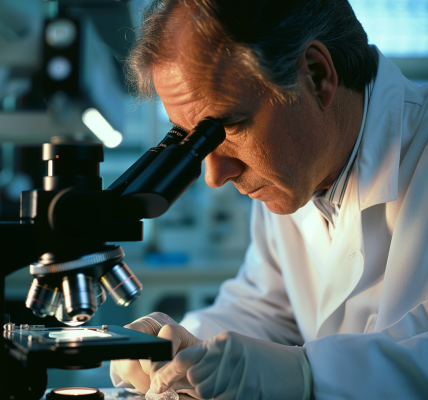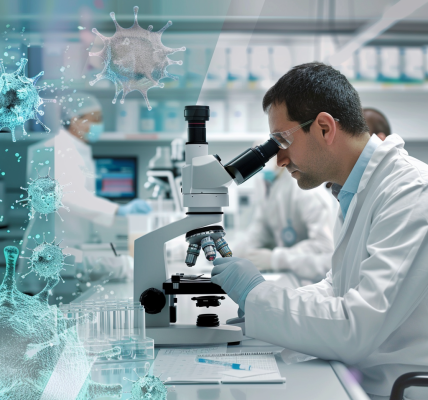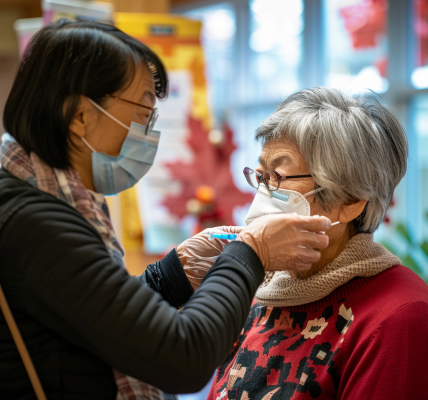Girls are starting puberty earlier than ever, and for some, this comes with major mental health risks. Zaria, for example, was just 9 years old when she was told she was already showing signs of puberty development, and she was on track to get her period within the next year. Her mother, Chanell, worked with a pediatrician to plan healthier meals, hoping to manage her daughter’s weight gain and give her a few more precious years with her childhood unchanged. However, puberty came for Zaria anyway, and she struggled with emotional changes and physical developments.
This is part of a growing worldwide trend that has parents and physicians concerned. A 2020 study of 20 countries across six continents found that the median age when girls first experience breast development has dropped by about three months every decade since 1977, shifting from about 10.5 to 9.5 years old. Some research suggests this rate may be accelerating since the Covid-19 pandemic began in 2020. The impact of this trend is significant, as young girls going through early puberty face unique mental health challenges, from hormonal fluctuations to bullying, unwanted sexual attention, and intense feelings of isolation.
To understand the impact of this trend, STAT spoke with parents, researchers, and women who went through precocious puberty, many of whom requested that only their first names be used because of how painful and personal the experience had been. Their stories made clear that young girls going through early puberty face unique mental health challenges, from hormonal fluctuations to bullying, unwanted sexual attention, and intense feelings of isolation. Friends, parents, and strangers are looking at their evolving appearance with brand-new





